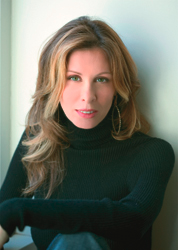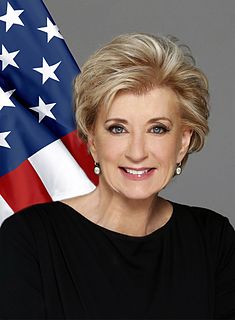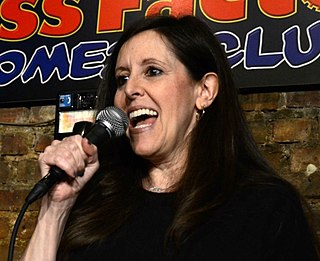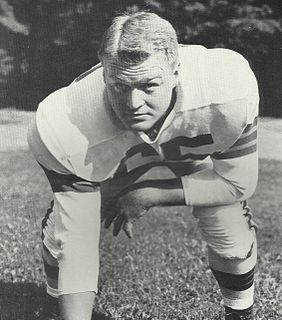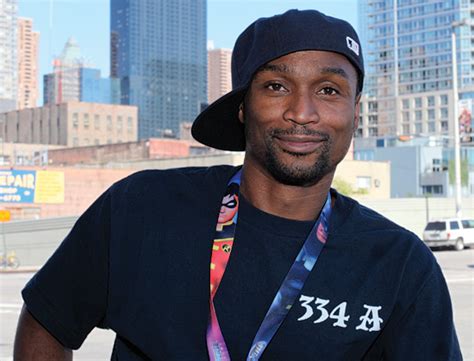A Quote by Roseanne Barr
We're not meant to be parents when we're 50.
Quote Topics
Related Quotes
I would say basically the commonplace observation that kids aren't going to earn as much as their parents is now is a coin flip at this point. Are you going to do better than your parents? It's a 50-50 chance, whereas if you were born in the 1940s or 1950s, you had more than a 90 percent chance you were going to do better than your parents. So basically almost a guarantee for most kids that you were going to achieve the American Dream of doing better than your parents did. Today, that's certainly no longer the case.
I think I was meant to be a musician who speaks his mind about social justice issues. And I grew up in a lower middle class family, but a family that had enough money to buy a $50 guitar and a $50 amplifier, and had a basement to rehearse in. What I think the global human cost of this horrific poverty is how many Mozarts or curers of cancer are slaving away in the Maquiladoras along the Tijuana border, or in the Indonesian sweat shops? There are billions of people who will never become the people they could be, or the people they were meant to be, due to crushing poverty.
The press still thinks [global warming] is controversial. So they find the 1% of the scientists and put them up as if they're 50% of the research results. You in the public would have no idea that this is basically a done deal and that we're on to other problems, because the journalists are trying to give it a 50/50 story. It's not a 50/50 story. It's not. Period.
I had invited 50 or 60 peers and friends, most of whom were parents, to see the film [Trust], and I asked about the last scene. It was interesting because it was split right down the middle, 50/50. About half the audience wanted it to end with the very emotional scene between Clive and Liana, and that feeling of realization and catharsis. And, the other half were adamant about keeping that last scene.

